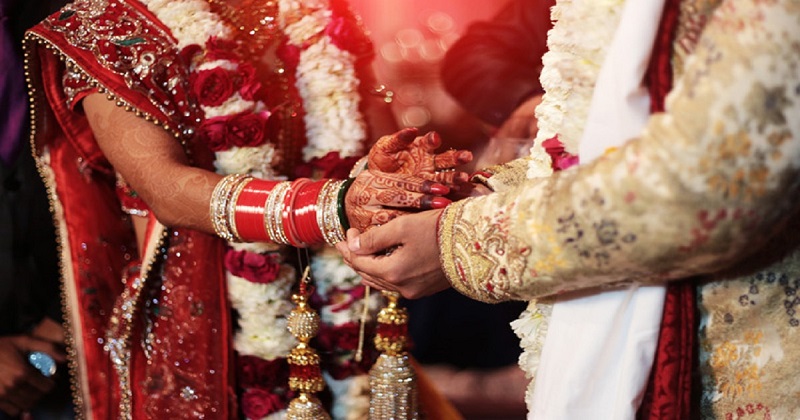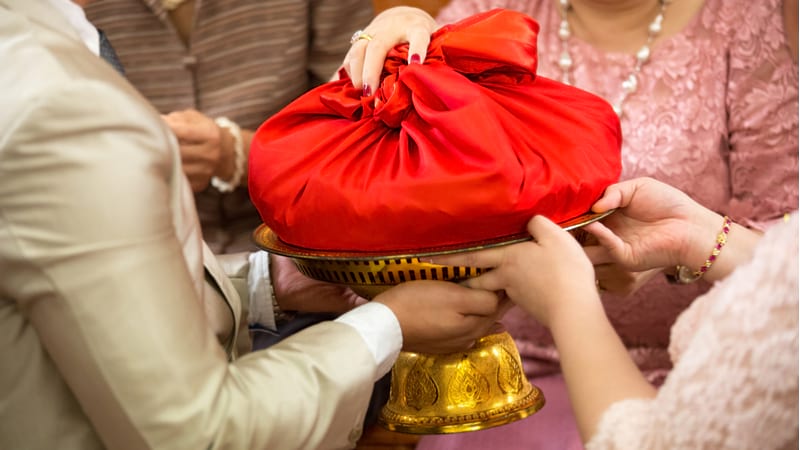
In India, marriage is regarded as a sacred institution that not just binds two souls but also their families. For women, this means taking reigns of the home front and tending to the needs of the family. Being conditioned to believe in these ideas and the mirage of happily ever-afters, most Indian women walk into marriages without realising that a marriage can be an unhappy or a difficult one as well. It appears to be ironical that many Indian women are not aware of their legal rights, and therefore keep quiet and continue to tolerate atrocities carried out on them.

All women, married or soon to be, young or old, should know their legal rights. The Indian constitution, under Article 14, backs women for their rights in the country. It ensures that women get equality in terms of protection of the laws. Women?can penalise any oppression in marriage and claim freedom from the alliance and dignity if they are aware of their legal rights.? As the government aims at revising the legal marital age of woman, from 18 to 21, there are rights for married Indian women that ensure their well-being and prevent them from being oppressed. From right to marital home to the right to live with dignity – here are some laws that define women rights after marriage:
Right to Streedhan:

A wife has ownership rights to all her streedhan, that is the?gifts and money given to her before and after marriage. The primary aim of providing a married woman Streedhan is to ensure that she has some kind of financial backup after her marriage. The ownership rights to streedhan belong to the wife, even if?it is placed in the custody of her husband or her in-laws. As per Section 14 of the Hindu Succession Act, 1956, a woman has absolute right on all the movable and immovable assets or gifts that a woman receives before, during or after her marriage from either side of the family. Worth mentioning here is that the right to Streedhan is applicable only for Hindu women. Financial security is the key idea behind this right.
Right to Residence:
Every wife has the right to live in the matrimonial house where her husband resides. Irrespective of whether it is a join family house, an ancestral property, rented house or a self-acquired house.
Right to a Committed Relationship:
A Hindu husband cannot have an affair or marry another girl unless he is legally divorced. A husband can be charged of adultery under Section 497 of the Indian Penal Code, if he is in a relationship with another married woman. His wife also has the right to file for divorce on the grounds of his extra-marital relationship.
Right to live with Dignity & Self-Respect:

Every Indian daughter-in-law, hailing from any religion, has the right to live her life with dignity and to have the same lifestyle that her husbands and in-laws have. She also has the right to be free of mental and physical torture. This right is ensured to women from all religions under Section 125 of the Criminal Procedure Code.?Also, no law prohibits a married woman from getting educated or employed.
Right to Maintenance by Husband:
A wife is entitled to claim decent living standards & basic comforts of life by her husband as per his living standards. If a married woman is unable to support herself financially, she has a right to claim maintenance by the husband. If the husband is not maintaining her, she can claim maintenance through court. If a wife files for divorce, she is entitled to temporary and permanent maintenance. Right to Child Maintenance:
Husband and wife must provide for their minor child. If the wife is incapable of earning a living, the husband must provide financial support. If both the parents are financially incapable, then they can seek help from the grandparents to maintain the child. A minor child also has the right to seek partition in ancestral property.
Right to Parental Home: As per the amendment in the Hindu Succession Act in 2005, every daughter (whether married or unmarried) has the right to inherit the property of her father after his death. Further, they also have a share in the mother’s property.
Right to Mehr?(For Muslim brides):
Similar to the concept of Stridhan in Hindu religion, Mehr is a gift promised by the husband to the wife at the time of contracting the marriage. The gift can be cash, jewellery, house or any other property which becomes a Muslim wife’s sole property. Paying the promised mehr is mandatory according to Muslim law. Not paying the promised mehr is a breach of Muslim law, which can further lead to unfavorable punishment and consequences for the husband.
Right to the maintenance after divorce (Muslim Law):
According to Muslim Women (Protection of rights on divorce) Act, if a Muslim woman gets divorced, it is her right to get the maintenance charges fulfilled by the husband till the iddat period ends. After the iddat period ends and she is not remarried and is further unable to sustain herself, she can seek maintenance from her parents or District Waqf Board according to Section 4 of the Muslim Women (Protection of rights on divorce) Act.
It is better to be aware of your rights and responsibilities from the beginning, rather than regret?not doing so. After all, the life you have been gifted is meant to be lived to the fullest, not to be suffered through in silence.

Post Your Comments